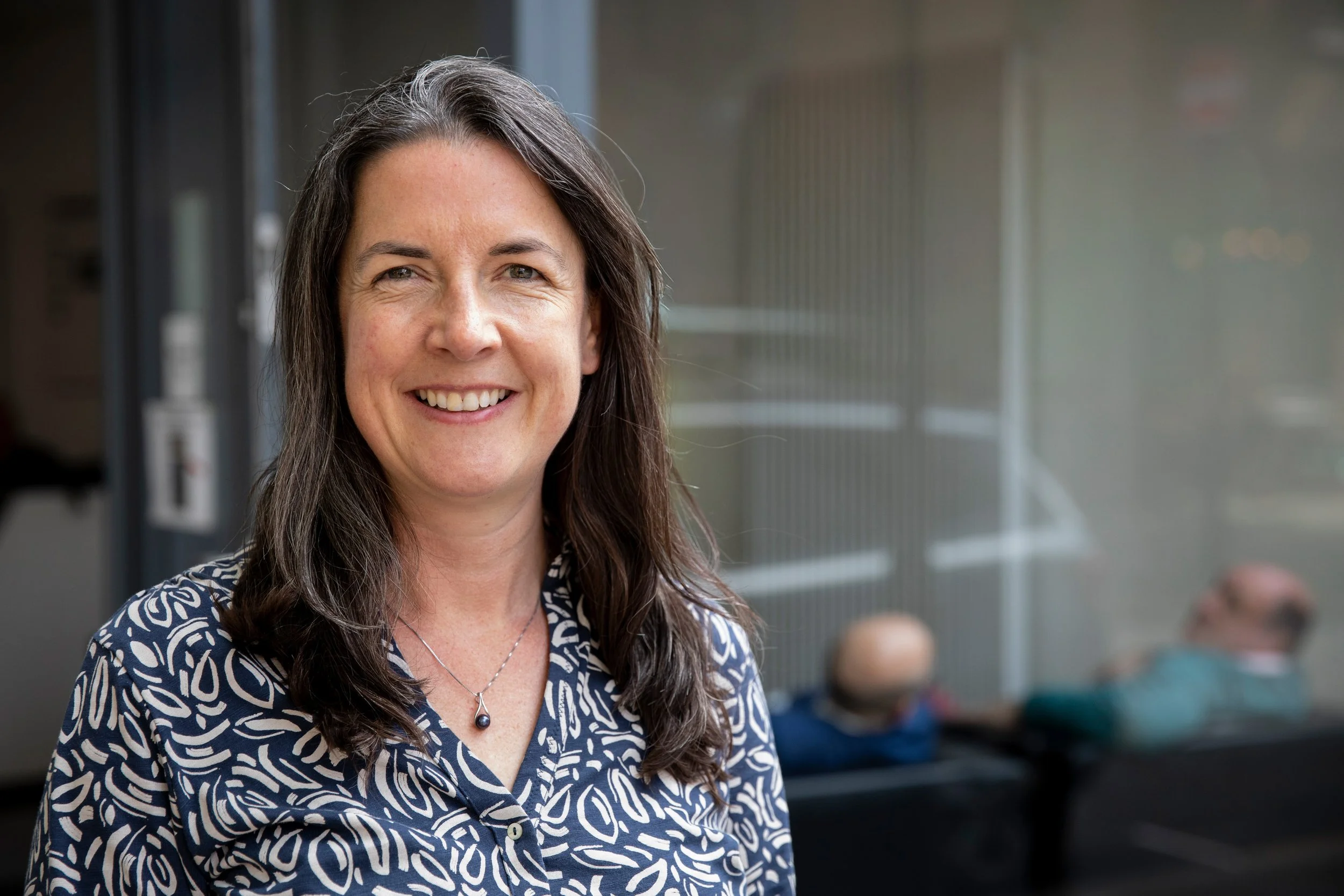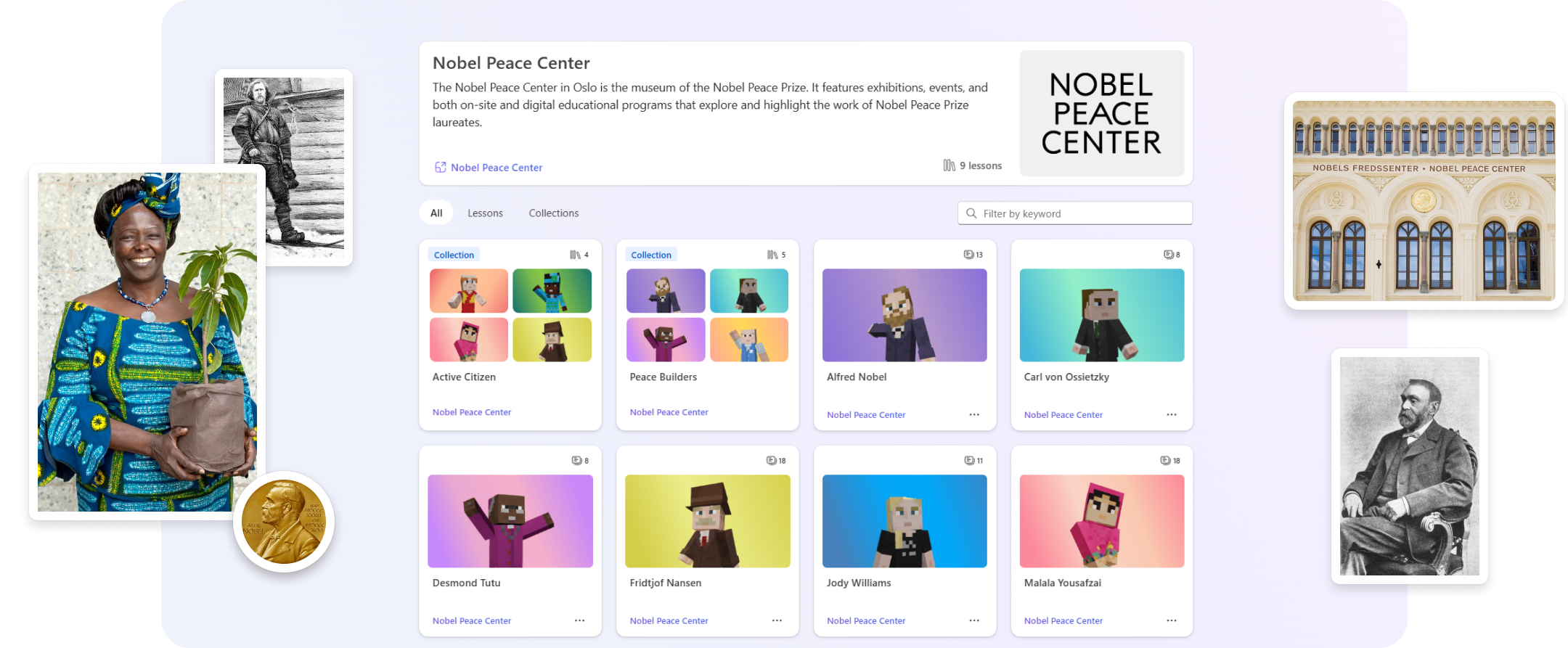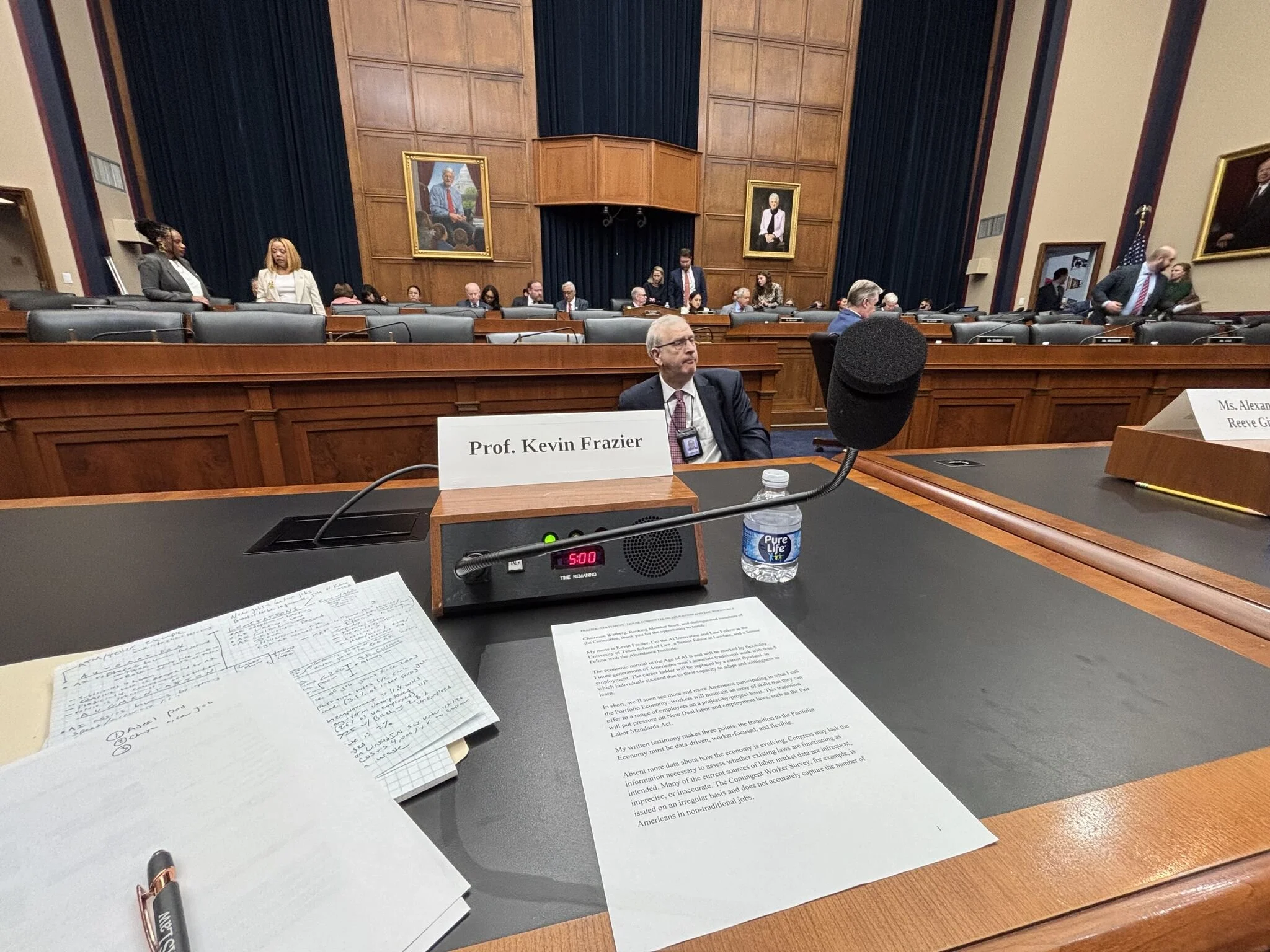Supergen Bioenergy Hub launches voucher scheme to support UK industry-research partnerships
Businesses can access up to £15,000 to collaborate with researchers on sustainable bioenergy projects.
Aston University’s Supergen Bioenergy Hub has introduced a voucher scheme offering up to £15,000 to help businesses work with academic researchers on sustainable bioenergy initiatives.
The hub, based at Aston University’s Energy and Bioproducts Institute, says the funding will cover business expenses and the time of postdoctoral researchers. The scheme aims to increase partnerships that drive the development of low-carbon energy systems.
The vouchers were announced at the Energising Futures: Bioenergy careers and collaboration event, held at Moor Bioenergy in Lincolnshire, the UK’s first unsubsidized biomethane facility. Organizations attending included Calor, AlpsEcoscience, the Association for Decentralised Energy, Progressive Energy, Future Biogas, and the Renewable Energy Association.
Professor Patricia Thornley, director of the Supergen Bioenergy Hub, says the funding is designed to make it easier for industry to explore joint projects with academia. “The event brought together research and industry partners to share experiences and insights into pathways from academia to industry. It was an opportunity to explore collaborations and future connections making it ideal for the launching of our scheme,” Thornley says.
“We decided to offer the flexible funding voucher scheme to encourage more private sector organizations to develop sustainable bioenergy systems that support the UK’s transition to an affordable, resilient, low-carbon energy future. Our industry members could benefit from up to £15,000 to help cover the costs of setting up and running collaborations.
“We know there are many benefits to industry and academic research partnerships especially the two-way exchange of knowledge, skills and perspectives which drives progress in both sectors. Industry gains access to cutting-edge knowledge and expertise, potentially leading to innovative products and solutions, while academics can leverage industry resources, funding, and real-world applications to enhance their research and its impact.”
Driving climate solutions through partnerships
The initiative focuses on accelerating applied research that can support commercial bioenergy projects, but its impact will depend on the scale of industry uptake. At the launch event, early-career researchers were also given the opportunity to hear from industry experts about career pathways and in-demand skills.
Dr Becky Wheeler, business development director at Future Biogas, says collaboration is critical to addressing climate challenges. “We’re not going to engineer a low-carbon future in silos. Research, innovation and business must collaborate if we want to deliver meaningful, measurable climate solutions,” Wheeler says.





















